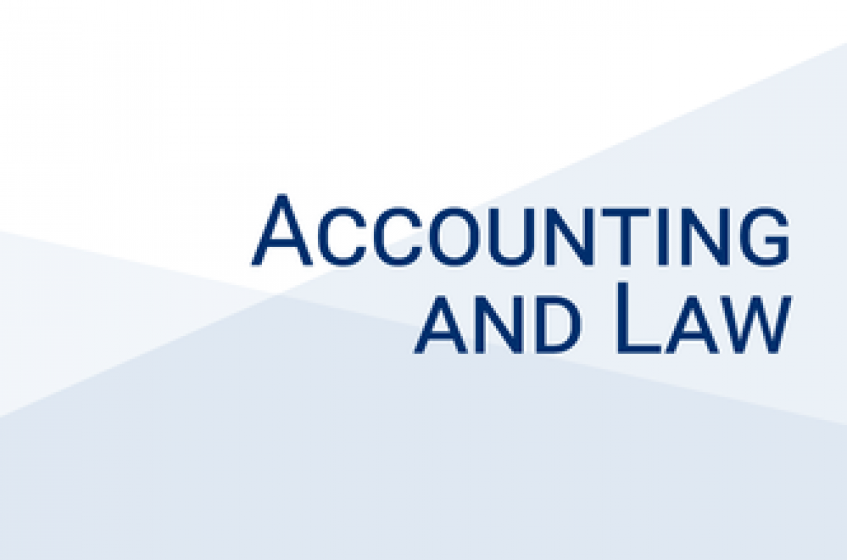Cost of Information Dissemination: Short Squeezes After Short-Selling Attacks
Dr. Forester Wong
Assistant Professor
Leventhal School of Accounting
Marshall School of Business
University of Southern California, Los Angeles
We provide empirical evidence on the costs faced by activist short sellers who publicly disseminate negative information about firms in the form of short-selling attacks. 30% of short-selling campaigns have initial positive returns that create trading losses for short sellers, but these positive returns have a disproportionate tendency to reverse relative to initially negative returns or positive returns in other settings. This pattern of asymmetric reversal coupled with heightened levels of short covering suggests that a large driver of these temporary positive returns is short squeezes. We quantify the cost of these squeezes and find that they are significant; realized losses and forfeited profits from short squeezes amount to 50% of the total trading profits of successful campaigns. Short sellers face higher squeeze risk as they become more visible, potentially by attracting the attention of predatory traders. Additionally, squeezes appear to be precipitated by market conditions and firm and investor actions immediately following attacks including insider purchases, share recalls, and trading by retail investors. These results are important because high levels of short squeezes can erode the expected profitability of activist short selling and drive short sellers from the market, leading to reduced market efficiency. They are especially timely in the face of proposed restrictions and heightened enforcement directed at activist short sellers.











